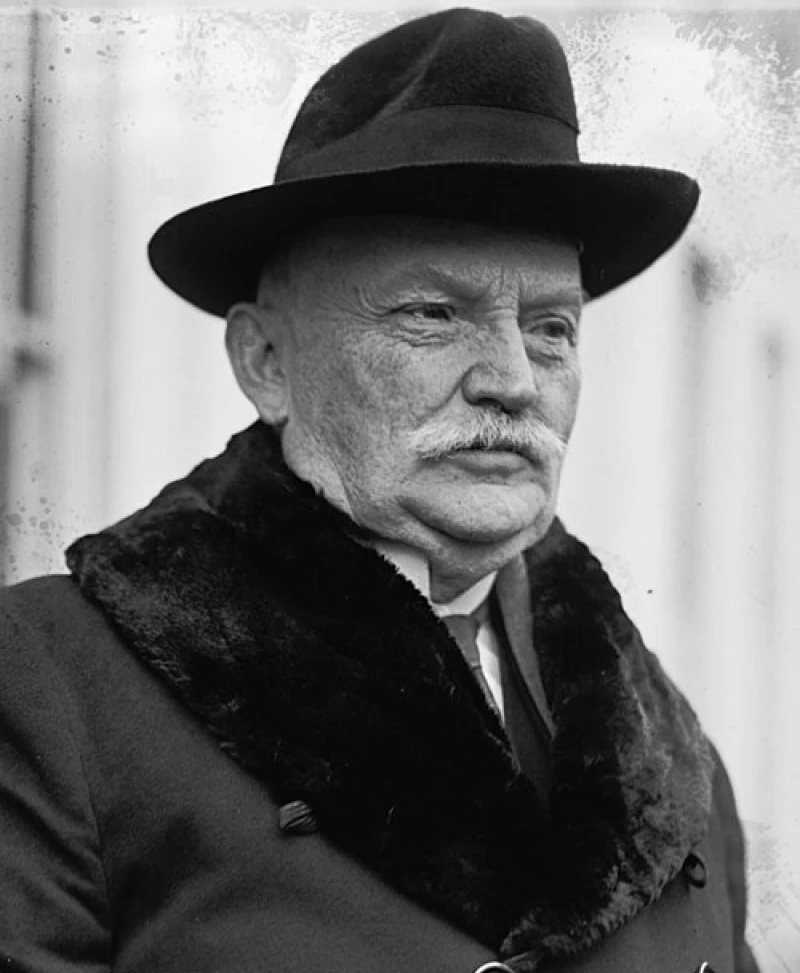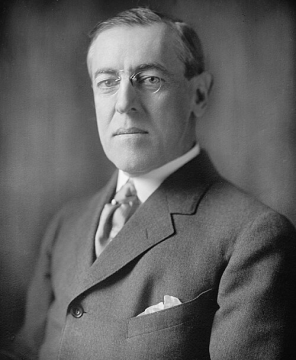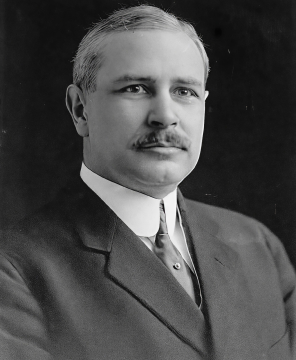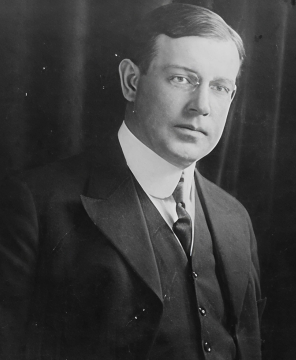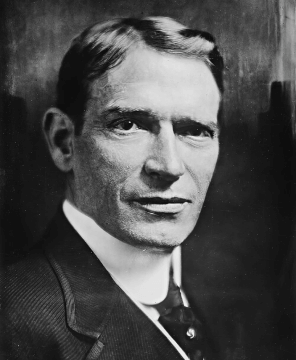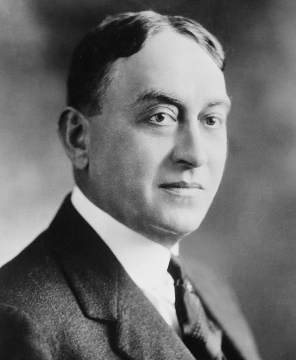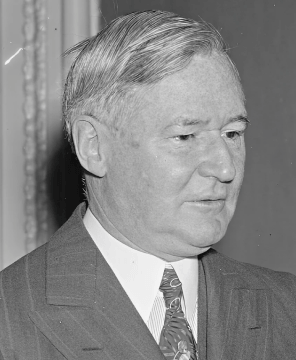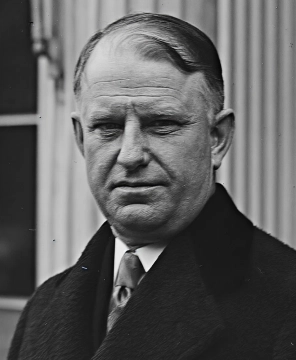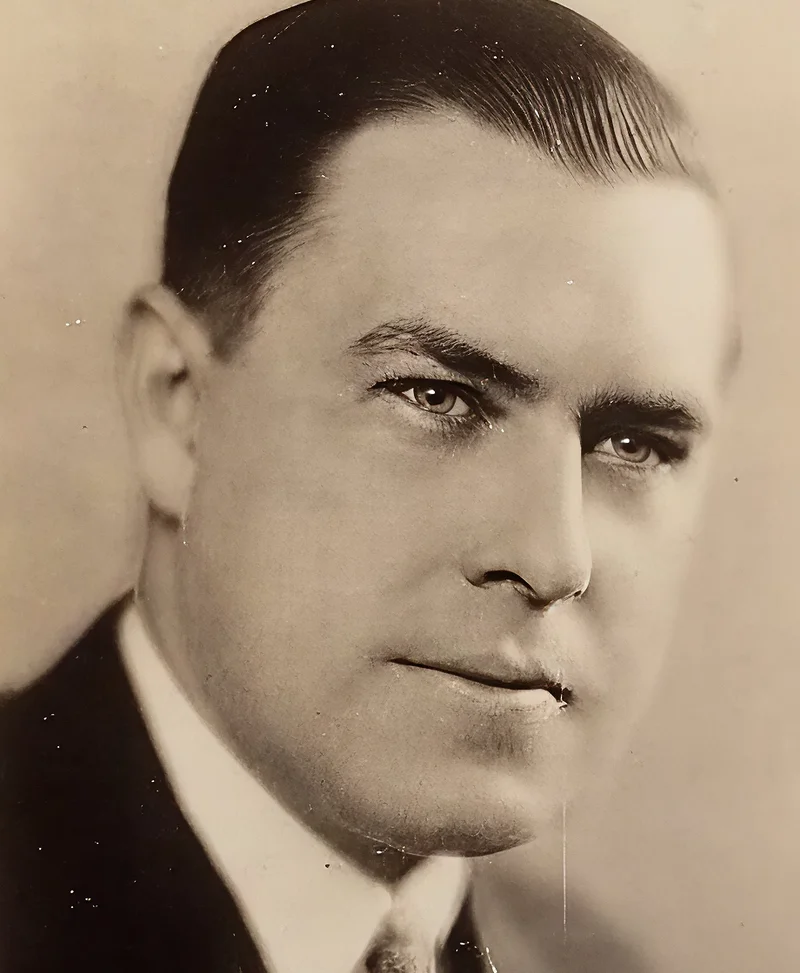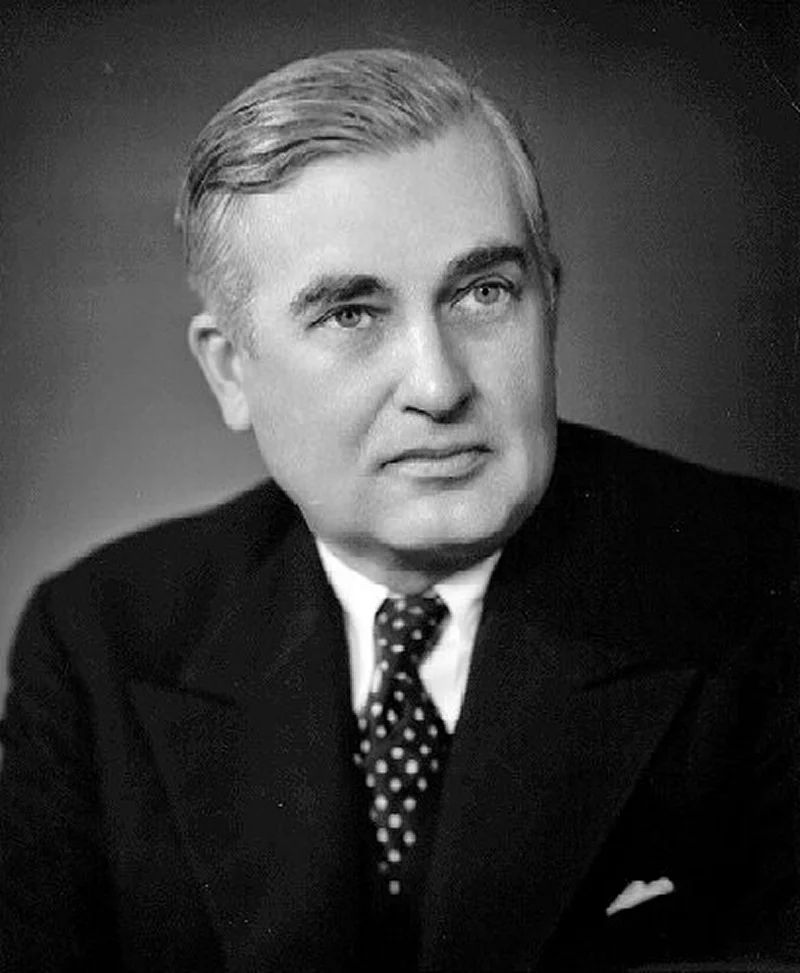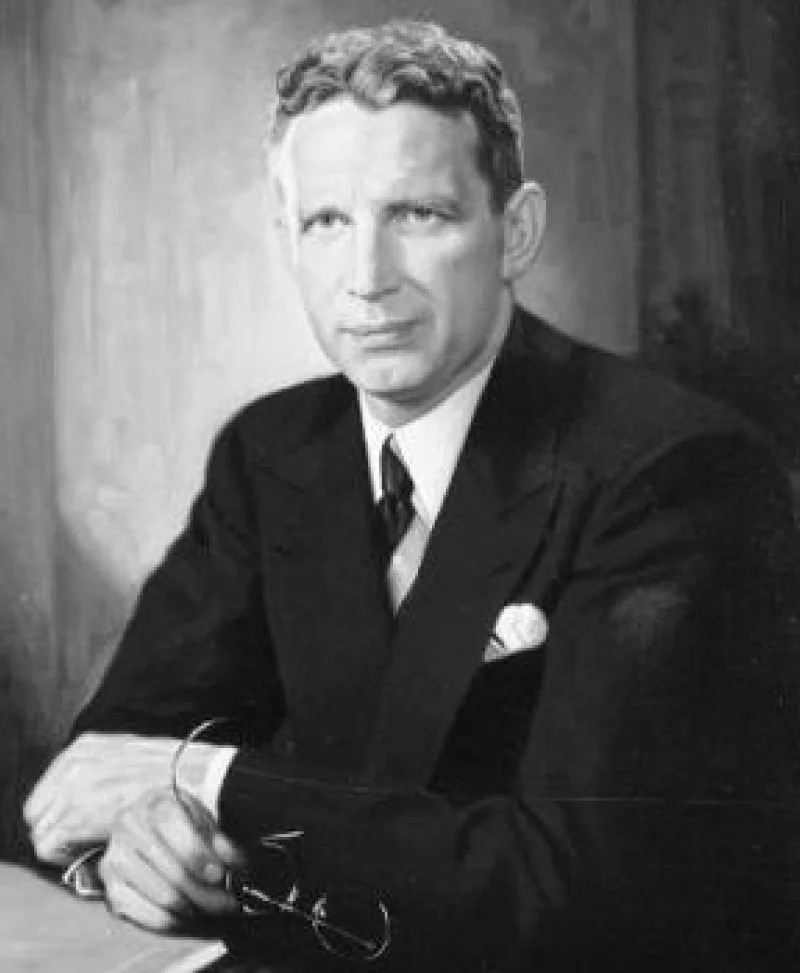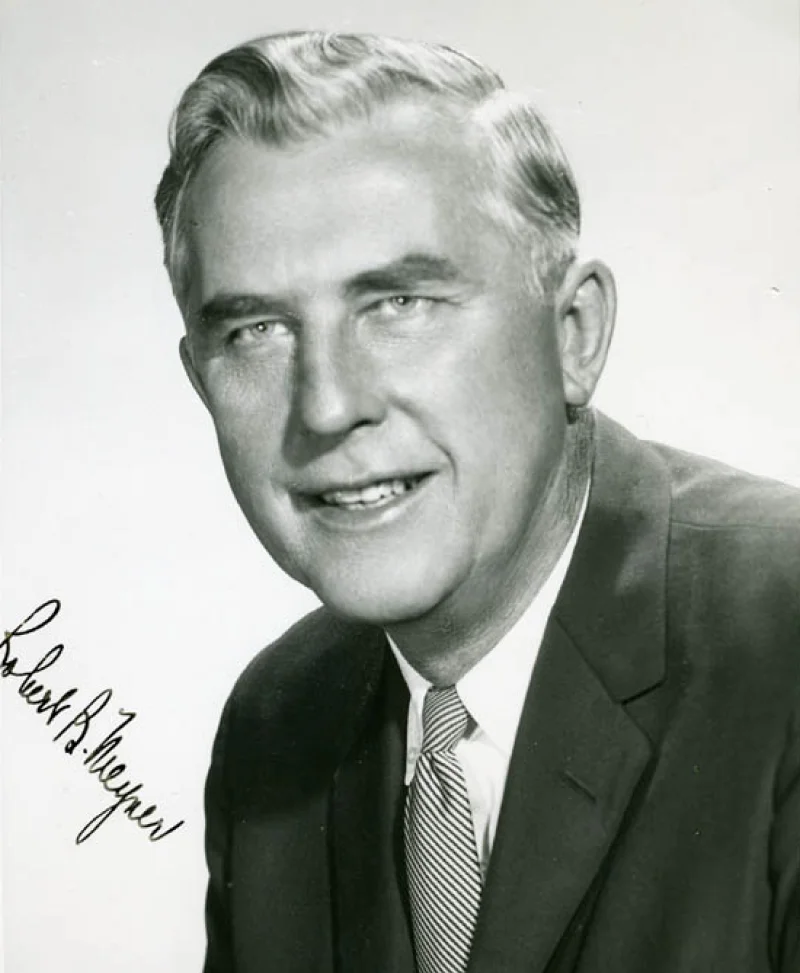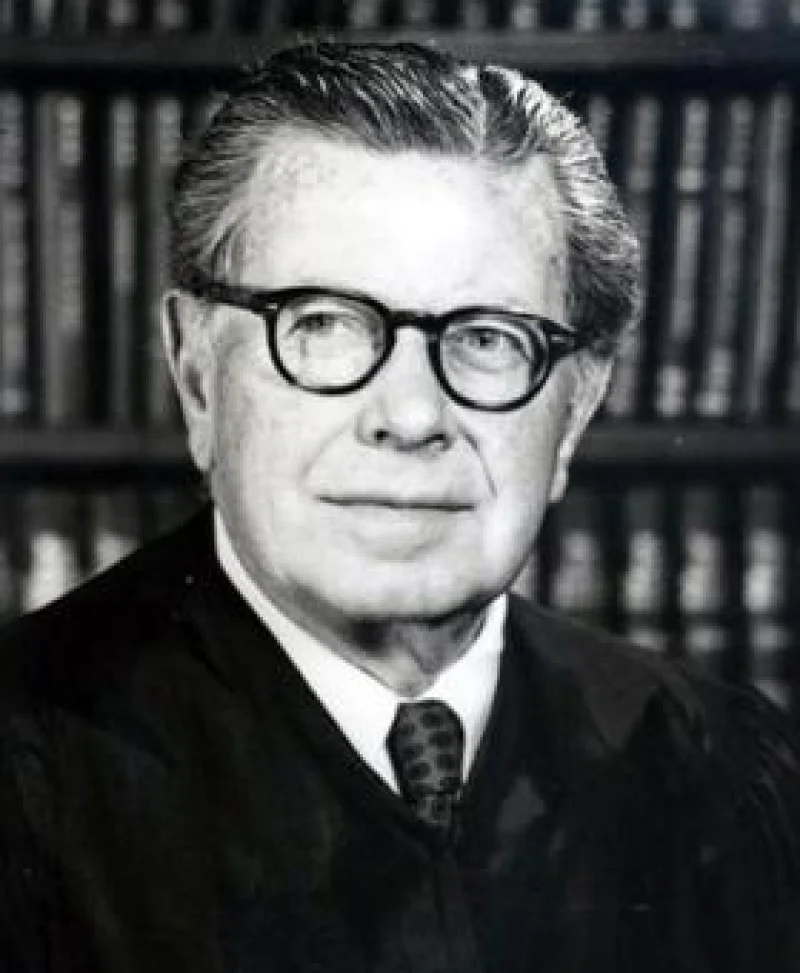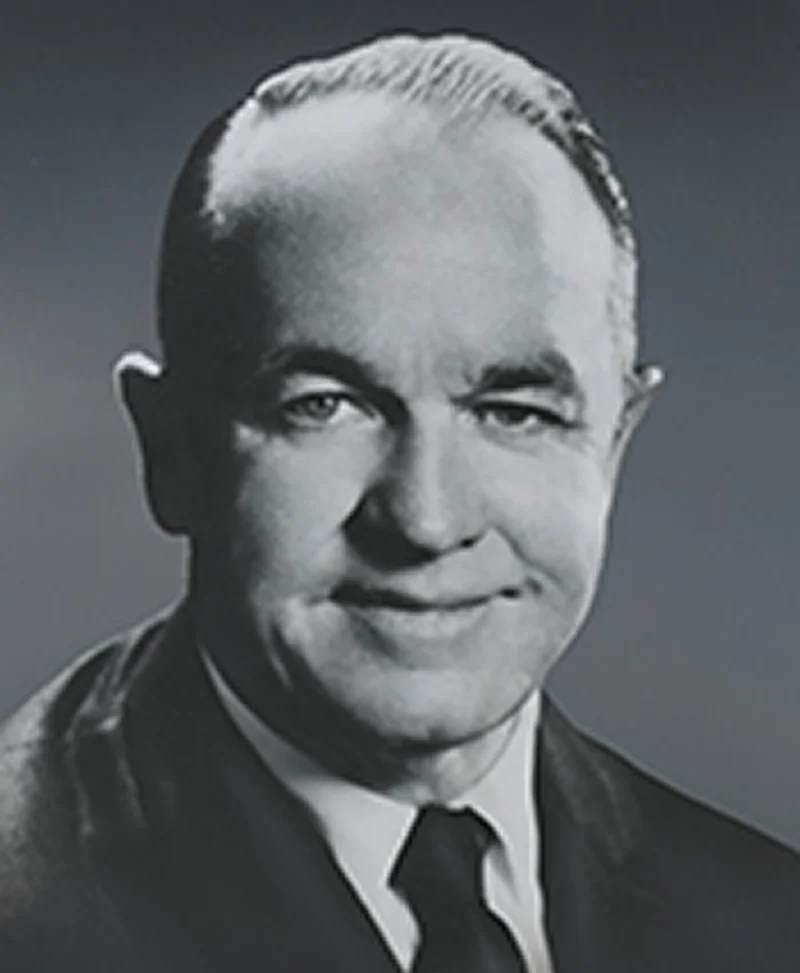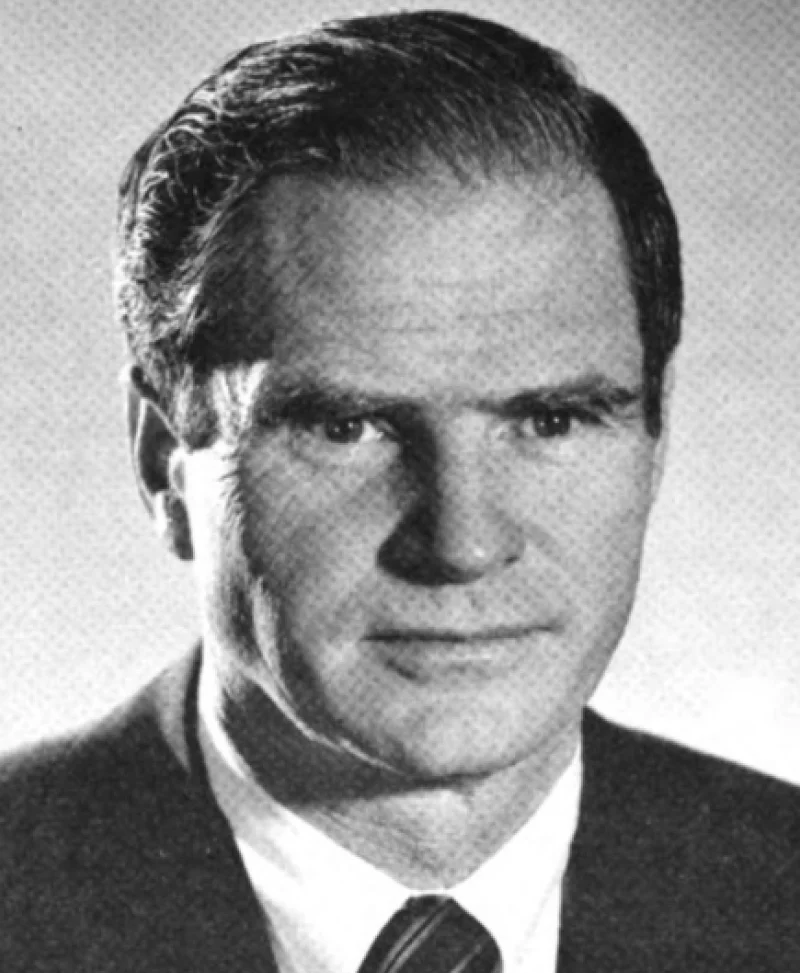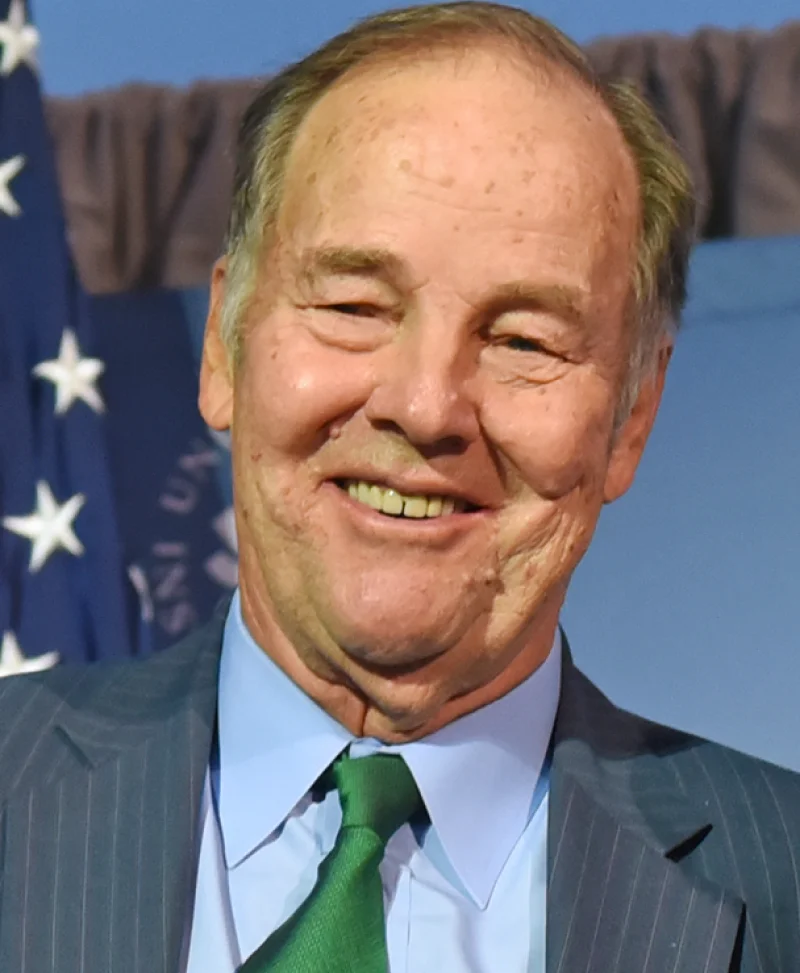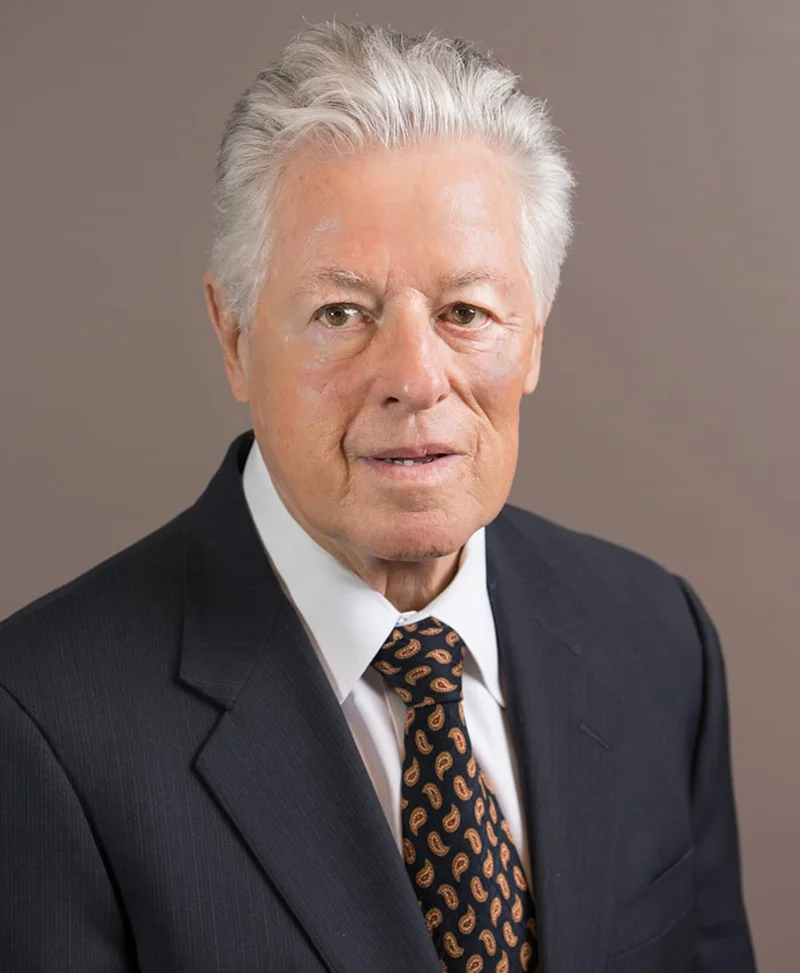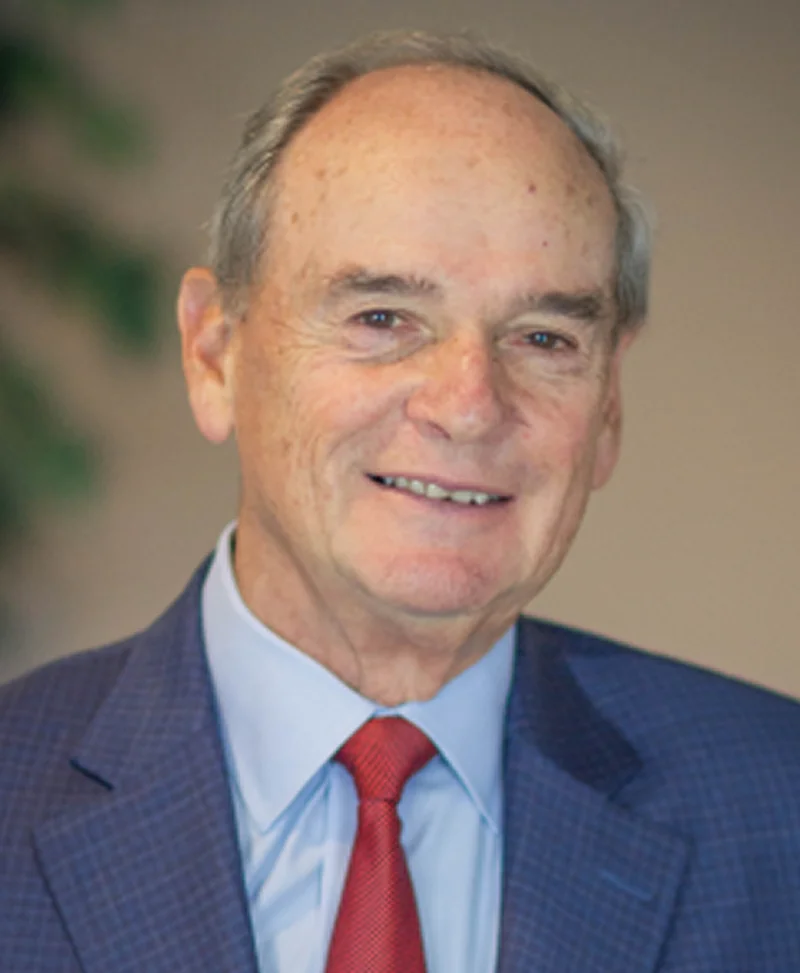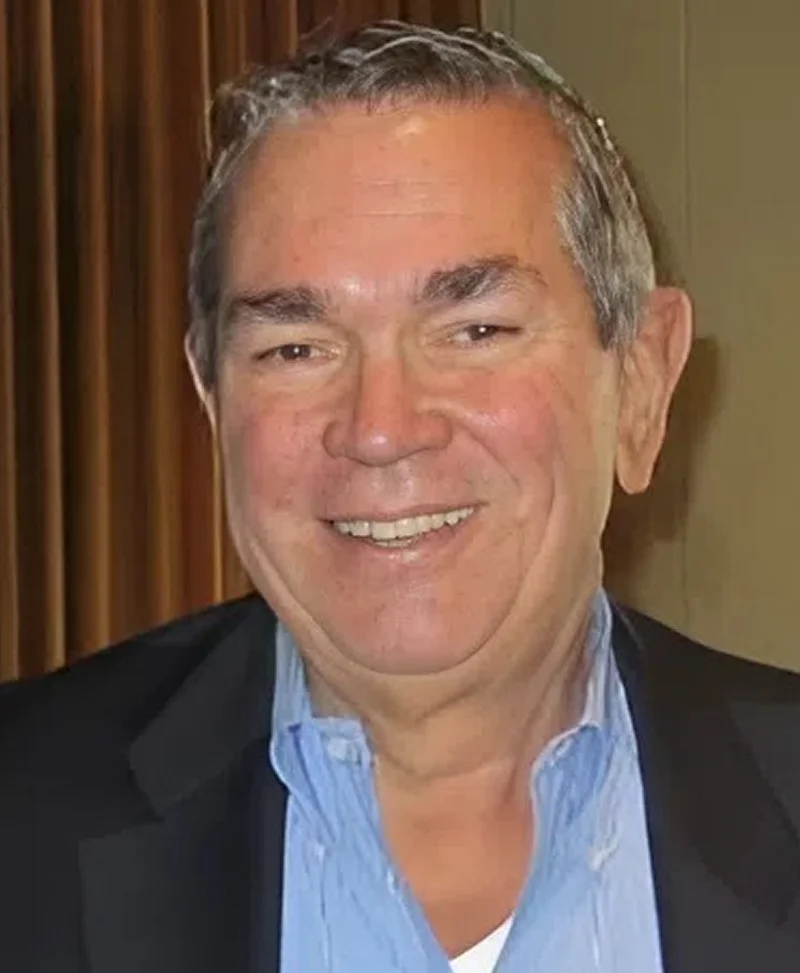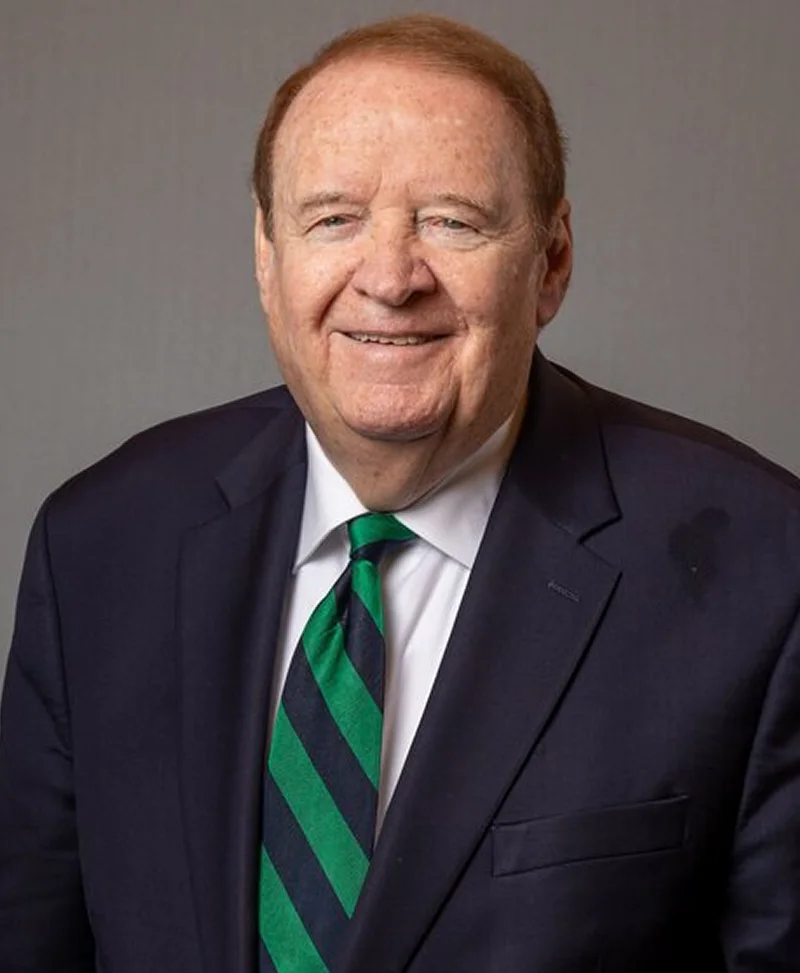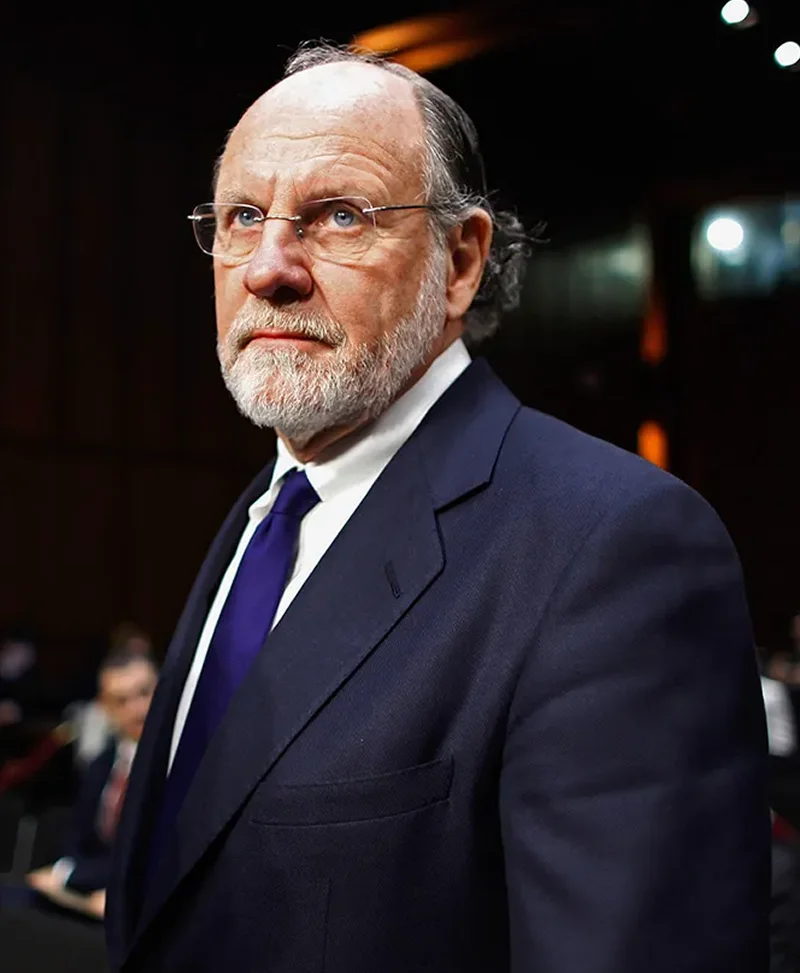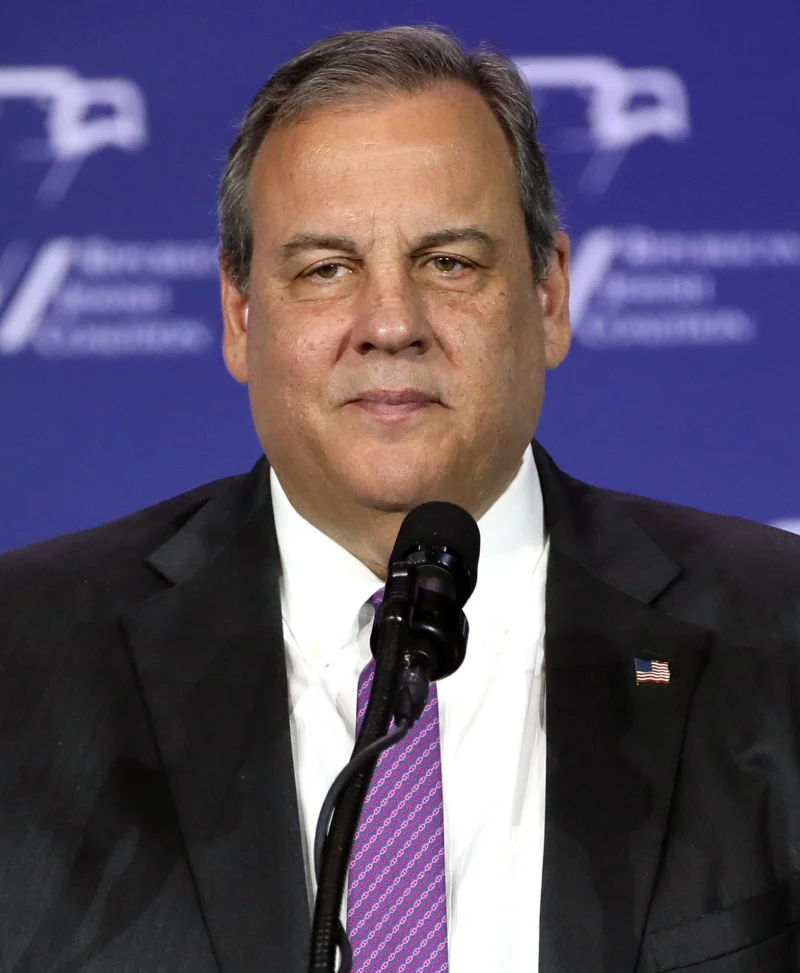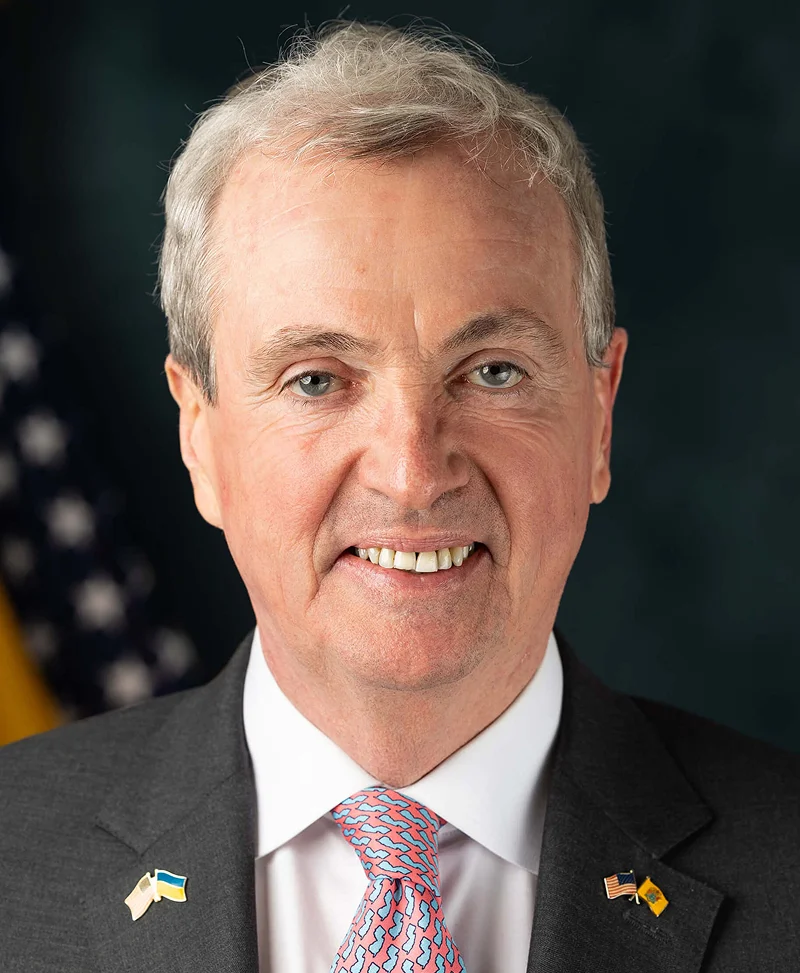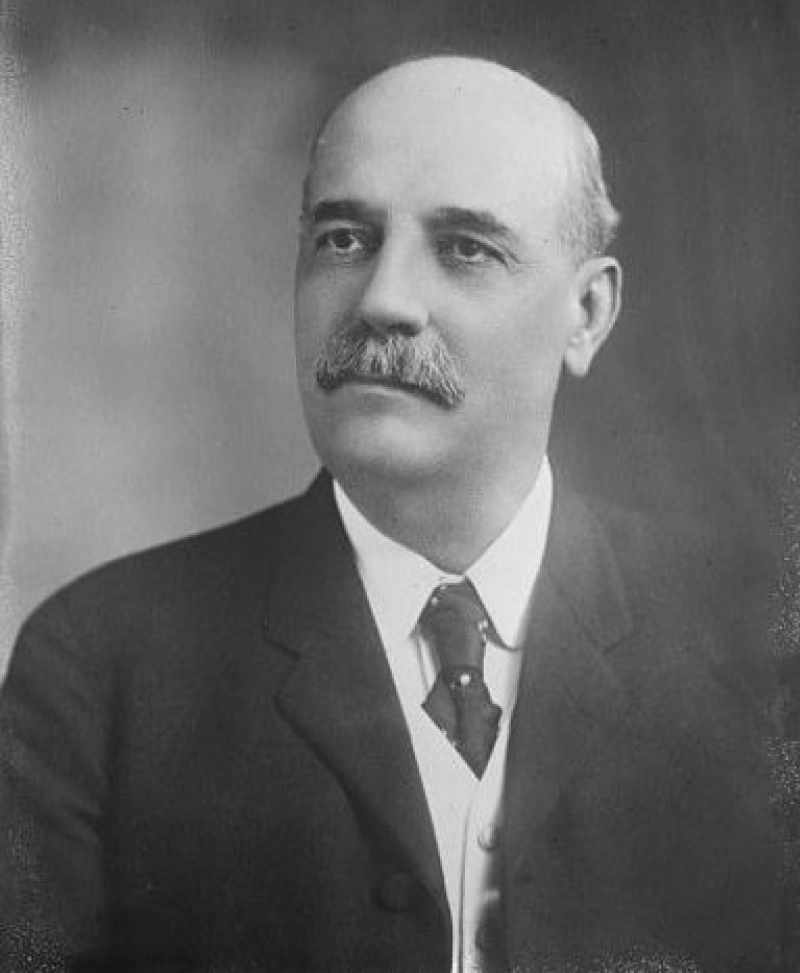
John Franklin Fort
- LL.B., Albany Law School
- Legal apprenticeship and early practice in New Jersey
John Franklin Fort
Early Life & Legal Foundations
John Franklin Fort was born in Pemberton, New Jersey, in 1852, and pursued legal studies at Albany Law School, entering the bar shortly thereafter. Settling in Newark, he built a solid reputation handling municipal, county, and civil matters. His early legal career demonstrated meticulous preparation, an emphasis on procedural order, and a strong commitment to public integrity—qualities that later defined his judicial approach.
Judicial Career
Fort’s judicial service began when he was appointed Judge of the First District Court of Newark, where he became known for practical administration and clear rulings. His performance led to his appointment as an Associate Justice of the New Jersey Supreme Court in 1900. During his seven-year tenure, Fort worked to harmonize state precedent and often emphasized judicial restraint. His opinions reflected an effort to strengthen predictability in New Jersey law at a time when industrial growth and urbanization were reshaping legal disputes.
Governor of New Jersey (1908–1911)
Elected as a reform-oriented Republican, Fort became governor in 1908 at the height of the Progressive Era. His administration focused on:
- strengthening public-utility regulation
- modernizing election laws
- expanding oversight of state agencies
- promoting transparency and ethical conduct in government
He also supported early mechanisms aimed at reducing political machine influence. Fort’s governorship marked a transitional moment in New Jersey politics, preparing the foundation for the more sweeping reforms that would follow under Woodrow Wilson.
Public Service After Office
After leaving the governorship, Fort remained active in national and state affairs. During World War I, he served on multiple wartime advisory and investigatory bodies, contributing his administrative expertise to federal mobilization efforts.
Legacy
John Franklin Fort is remembered as a steady and principled figure whose combined judicial and executive experience helped modernize New Jersey’s governmental structure. His work laid important groundwork for the state’s embrace of early 20th-century Progressive reforms and strengthened public confidence in state institutions.

